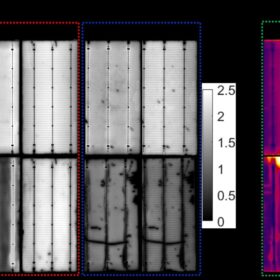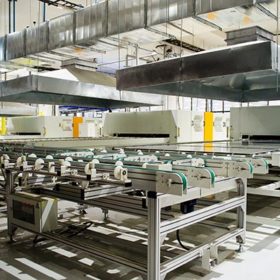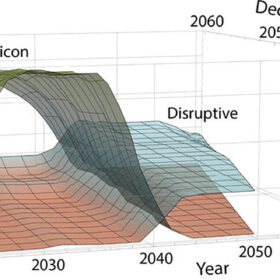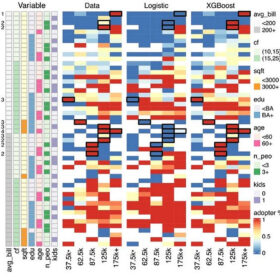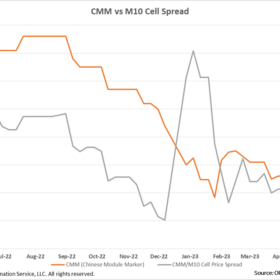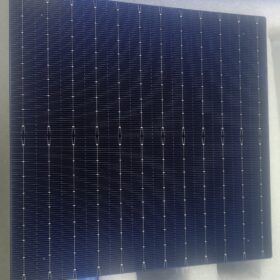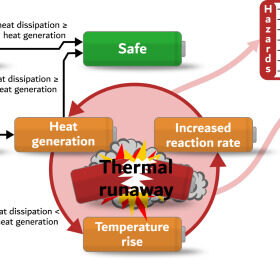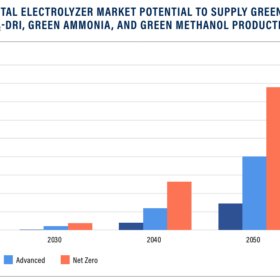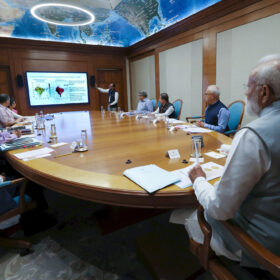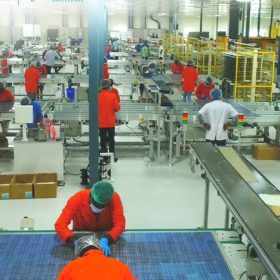Scientists warn of heat-induced failure risks in HJT glass-backsheet PV modules
University of New South Wales researchers have identified four failure modes caused by damp heat in heterojunction solar panels with a glass-back sheet configuration. The failures could result in power losses ranging from 5% to 50%.
Tata Power’s 4 GW solar cell line will be ready by December
Tata Power is building a greenfield 4 GW solar cell and module factory in the Indian state of Tamil Nadu.
The world can manufacture enough solar to reach decarbonization goals
NREL researchers model viable pathways to supplying the estimated 60 TW of capacity required for decarbonization, and study the effect that disruptive solar technologies may have on deployment cost and market opportunity.
Machine learning method to identify residential PV adopters, reduce soft costs
Researchers have defined a new machine learning-based methodology that reportedly reduces customer acquisition costs by about 15% or $0.07/Watt. It is based on an adapted version of the XGBoost algorithm and considers factors such as summer bills, household income, and homeowner’s age, among others.
Tata Power profit soars by 77%
Tata Power recorded a revenue of INR 56,033 crore and a net profit of INR 3,810 crore in FY 2022-23.
Solar module prices remain at 13-week low, spread against M10 cell narrows from January high
In a new weekly update for pv magazine, OPIS, a Dow Jones company, provides a quick look at the main price trends in the global PV industry.
Toyota uses Kaneka’s 26.63%-efficient solar cells for electric vehicle
Kaneka said the cells will be utilized in the roof glass of Toyota’s Prius PHEV electric car. It plans to begin full-scale delivery of in-vehicle PV products this year.
IB Solar adding 400 MW module capacity
Director Abhinav Mahajan told pv magazine their new 400 MW solar panel production line will become operational by July this year. The facility can produce M10, half-cut, 144-cell modules.
Indian PV market must invest in quality infrastructure
In its latest monthly column for pv magazine, the International Renewable Energy Agency shares a series of recommendations gathered from sector experts to help India reach its ambitious solar targets. According to its experts, Quality Infrastructure (QI) will be crucial for the country’s PV market in the years to come. QI is an interdependent ecosystem of the different elements (accreditation, certification, standards, testing, metrology, inspection & monitoring) working together in harmony, and all associated services should be developed in unity and not in a piecemeal fashion. A sound and internationally harmonized QI not only ensures that PV products and services deliver as expected by customers and national energy authorities, but also enables more efficient and competitive markets based on a global economy on scale.
Solar testing group warns of degradation risk for TOPCon
The Renewable Energy Test Center (RETC) raised the issue of ultraviolet-induced degradation of the trending technology in its PV Module Index 2022.
